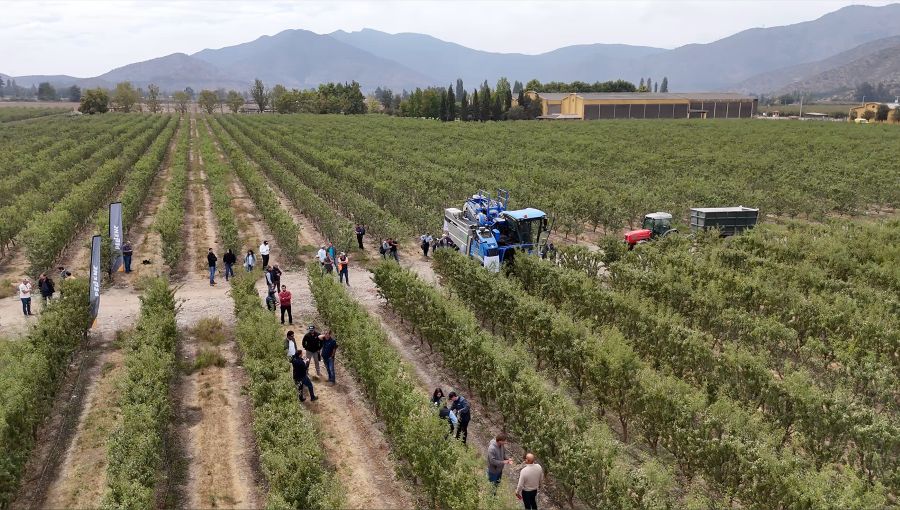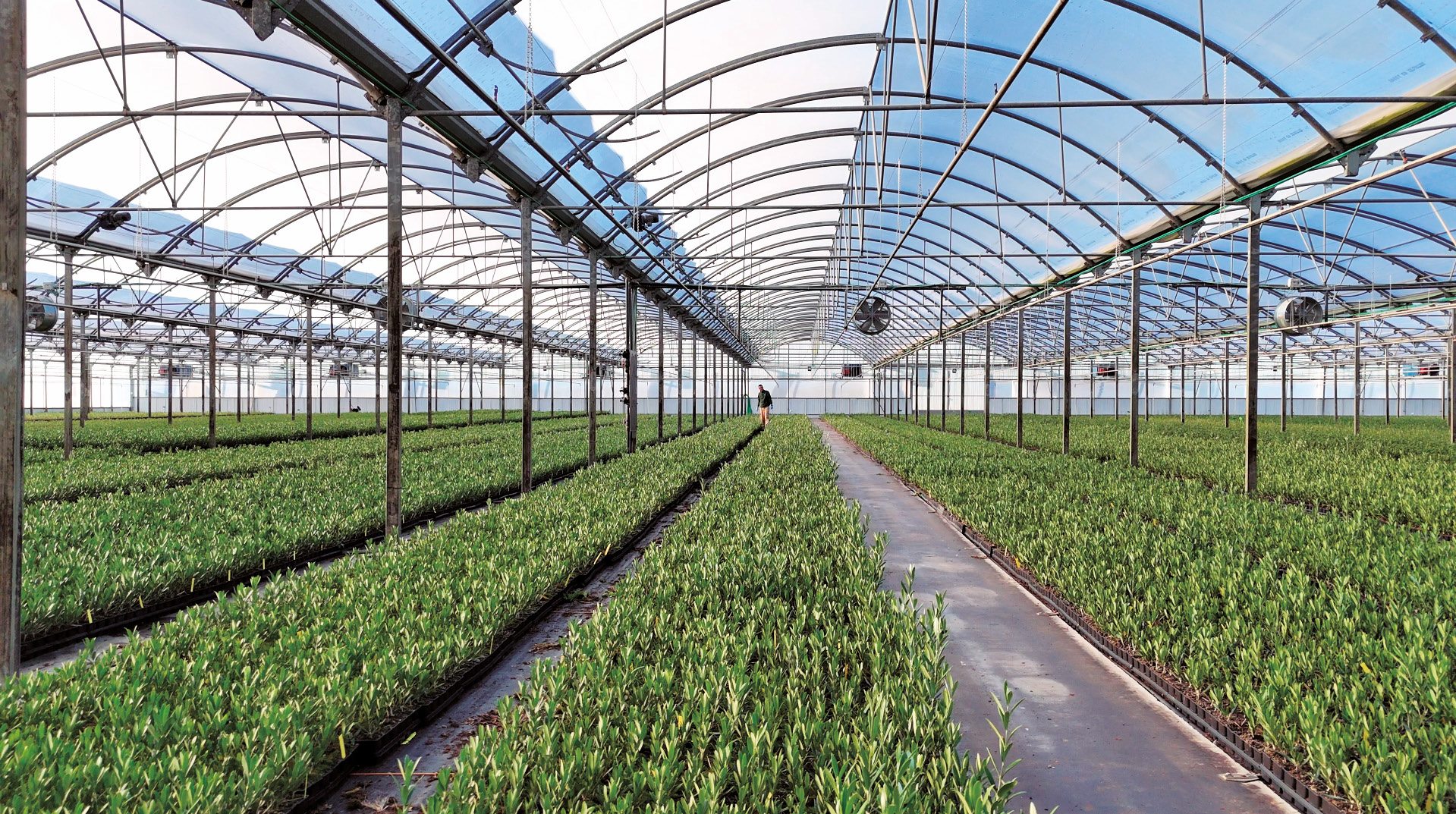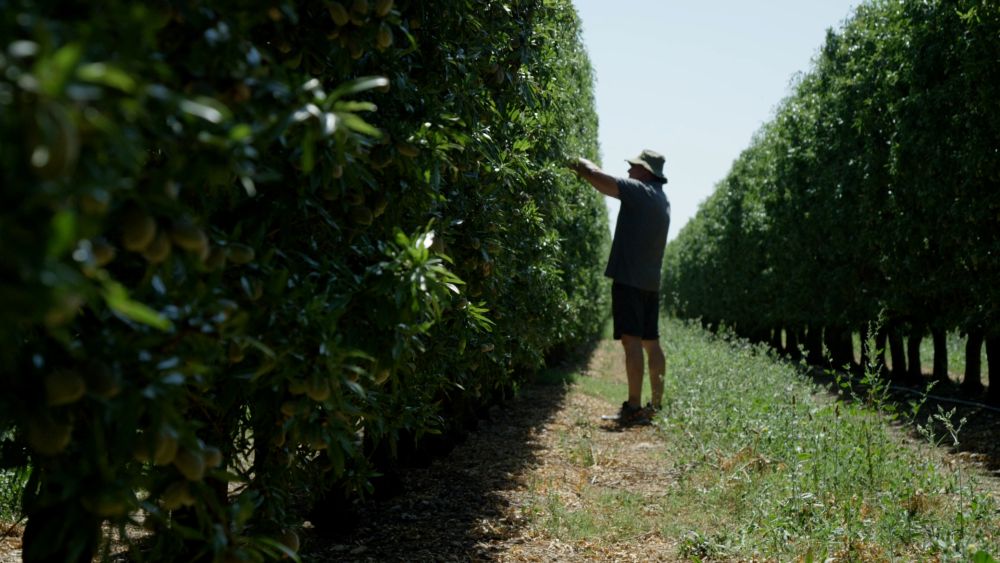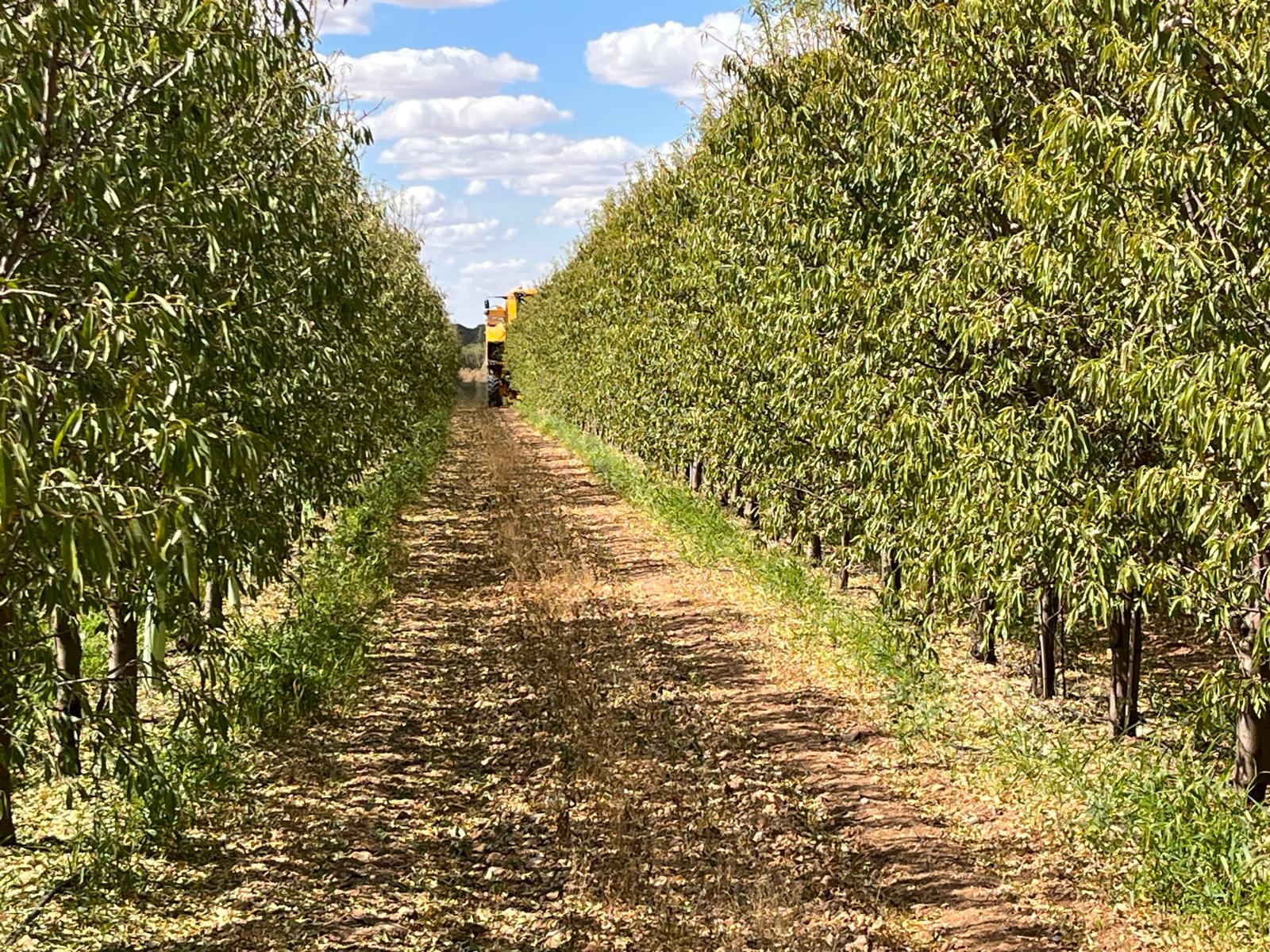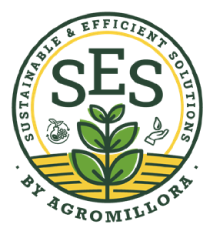V International Almond Forum: Innovation and Sustainability Drive the Sector’s Future
Grupo Interempresas and Agromillora brought together more than 400 professionals for the fifth edition of the International Almond Forum, held on March 27 in Huesca, Spain.
Experts foresee a promising future for the almond industry, thanks to innovation and new cultivation techniques focused on efficiency.
The almond tree’s adaptability to the new regulatory and market demands of European agriculture was at the heart of the discussions during the V International Almond Forum. Organized by Jornadas Interempresas and Olint, a technical magazine published by the Agromillora Group, the event returned to Huesca to bring together industry professionals from across the Iberian Peninsula and other European countries, especially Italy.
The forum attracted a diverse group of experts with extensive experience in areas such as production, management, and marketing of almonds. Through various roundtable discussions, they highlighted the strengths of almonds as a profitable crop alternative in both dry and irrigated farming in Spain.

During the opening remarks, Jordi Mateu, CEO of Agromillora, emphasized: “We are facing a major opportunity for almonds in Spain. Production costs are around €2–3/kg, while in the U.S. they’re €5/kg—we are more competitive, and our production adds value through sustainability.” Mateu also stressed the progress made in rootstocks, varieties, and efficient management of hedgerow almond systems.
Jorge Badules, Head of the Plant Health and Certification Service of the Aragon Government, addressed a common misconception: “We need to put to rest the idea that almond farming is only for investment funds. Many farmers are developing successful almond projects as a viable alternative to less profitable crops.”
Lorena Orduna, Mayor of Huesca, highlighted the almond industry’s social importance in the region, noting the jobs it creates and its impact on the local economy. She also pointed to the technology surrounding almond cultivation and its role in encouraging generational renewal in agriculture.
Ángel Pérez, Director of the Agricultural Division at Grupo Interempresas, reminded attendees of the Forum’s goal: “We want this to be a practical, hands-on forum to ground the often vague concept of sustainability, based on its three key pillars: economic, environmental, and social. For us, this means producing almonds profitably and competitively with environmentally friendly farming models that generate wealth and help stabilize rural populations.”
Pursuing Excellence in Almond Cultivation
The V International Almond Forum was held under the theme: “There’s no green almond farming with red numbers – A journey through success stories in the almond industry.” Throughout the day, attendees had the opportunity to participate in interactive surveys, sharing their views on technical aspects of almond management and field development. Event sponsors also played a prominent role, contributing their solutions during panel discussions.
A key highlight of the forum was the participation of Xavier Plana, Technical Director of Finca Montserrat in Raimat (Lleida), a leading example of hedgerow almond farming in Spain. In an engaging conversation with Ángel Pérez, Plana shared detailed insights into the farm’s cost and income figures, which were later used in a practical case study.

Positive Market Outlook for Almonds
The forum revealed that the almond industry has moved past a period of falling prices and is now looking ahead with optimism. Global almond consumption is increasing, while production in the U.S. is declining, pointing to a trend of rising prices in the coming years.
Diego Ráfales, CEO of Frutos Secos Ráfales, stated, “Current almond prices are likely to remain stable over the next few years.” In a market outlook roundtable led by David Pozo from IRTA, experts agreed that average almond prices will likely stay above €4.5/kg and could even exceed €5, as seen this year.
Panelists Javier Carrasco (Sweet Almond Factory-Dafisa), Josep María Pelegrí (Industrial Director at Iberian Smart Financial Agro and former Minister of Agriculture of Catalonia), also discussed the 33% increase in prices since the start of the season and the continuing decline of U.S. production—both signs encouraging a positive outlook for the sector.

Sustainability as a Key Factor
The forum also focused on sustainability and how hedgerow almonds align perfectly with today’s available technologies. Ignasi Iglesias, Technical and Development Director at Agromillora Group, expanded on the suitability of the SES (Sustainable and Efficient Solutions) model—based on hedgerow planting—as the best way to maximize yields, targeting an optimal average of 2,200 kernel kilos per hectare.
Josep María Roca, CEO of Futurolivo and pioneer in hedgerow olive cultivation in Spain, shared his insights into how to manage the system effectively, stressing the importance of detailed agronomic practices to avoid limiting the crop’s potential. He advocated for techniques like fertigation as the most efficient resource use.
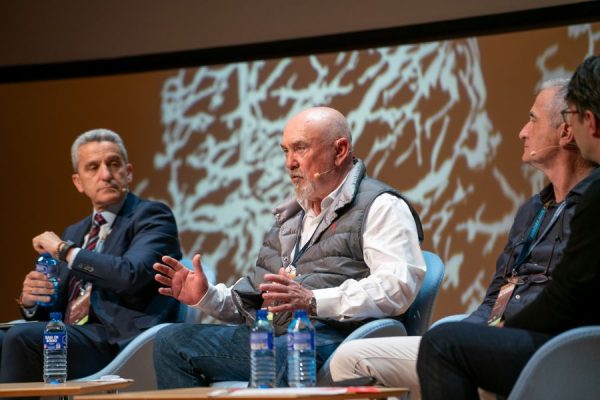
Dimas Antúnez, a business development consultant for several investment groups, highlighted how this production system can generate additional income through soil carbon sequestration. He mentioned that self-certification is the next goal to turn these sustainable practices into real profitability via carbon credits.
Lola Gómez, professor at the Polytechnic University of Cartagena and director of the SynergyNuts platform, emphasized: “Sustainable practices benefit almond crops while helping us comply with regulations and increase profitability.” She noted that many such practices—like cover cropping—are already in use, though their financial benefits are often overlooked.
Technology Serving Almond Cultivation
The role of technology in improving the economic and environmental sustainability of almond farming was debated in a panel moderated by Alberto López, an agri-food expert and independent consultant. Javier García Ramos, professor at the University of Zaragoza, underscored the critical role of new technologies in crop development and emphasized training as a key part of adapting to this new landscape.
Miguel Ángel López, founder and COO of ISFA, stressed the importance of data and how using it in agronomic decision-making can lead to better outcomes. Meanwhile, Javier Campos, PhD in Agri-Food Technology and Biotechnology from the Polytechnic University of Catalonia, identified variable-rate pesticide application as one of the most promising ways to cut almond production costs.
In the field of genetics, Jerôme Grimplet, a research scientist at CITA Aragón, explained that although gene editing is already being applied to crops like cereals, transferring that technology to woody crops like almonds will be more complex. However, ongoing work in rootstocks and new, better-adapted varieties is already yielding results.

55% Increase in Almond Profitability
The three roundtables revealed some important figures: the optimal average yield for irrigated hedgerow almonds is currently about 2,200 kg/ha; almond prices are unlikely to fall below €4.5/kg in the coming years; and the use of technology can significantly reduce production costs. Sustainability-related income is also becoming a key factor.
Using this data, Ángel Pérez and Xavier Plana discussed an “optimized” cost and income projection for Plana’s farm based on expert forecasts. They calculated that profitability could increase by 55%, from €4,220 to €6,536/ha, thanks to higher income (€10,640/ha) and relatively stable costs (€4,103/ha).
Following this, a hands-on session was held in which, with input from the audience, a sustainable almond farm was designed for both dryland and irrigated conditions. The session was led by Agromillora technician Vicent Vila, with participation from experts Ramiro Sarvisé, Benjamín Crespo, Carlos Urzaiz, Antonio Poblador, Josep María Roca, José Casanova, and José María Cabrera.

At the close of the day, held at the Huesca Convention Center Auditorium, attendees enjoyed a networking cocktail, while event sponsors showcased their cutting-edge solutions for almond cultivation at informational booths.
In the afternoon, professional training workshops were held, focusing on irrigation and fertilization optimization, carbon farming opportunities, and efficient, sustainable almond orchard design, led by leading industry experts.
The V International Almond Forum was supported by:
PREMIUM SPONSORS: Azud, Irritec, Probelte, Regaber, Selectis, and Agromillora-VCR.
SPONSORS: Banco Santander, Basf, Daymsa, and Kelp Blue.
EQUIPMENT SPONSOR: Agrotronik. COLLABORATORS: Agrosan, El Vivero de Abel, Jumar, and Sarabia.
COLLABORATING ENTITIES: Aeofruse, Almendrave, ASAJA Huesca, CEBAS-CSIC, CITA, COIAANPV, Coop. Comarcal Somontano de Sobrarbe, EPS Huesca-University of Zaragoza, Government of Aragón, IRTA, Riegos del Alto Aragón, SAT de Almendras, and Synergy Nuts.


